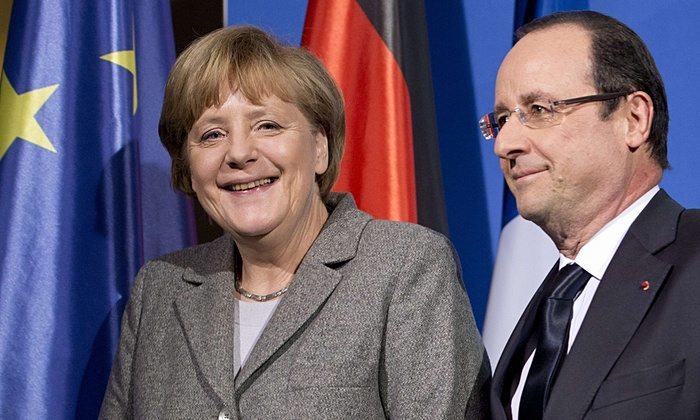Europe should explore the avant-garde option: a eurozone parliament
If Europe wants to pull out of the doldrums, it will have to integrate more, not less. Of course, that motto has been heard before. The old federalist’s credo, some may say, is what got us into the present mess in the first place. In the light of attacks on the EU from both right and left, it’s harder than ever to defend the integrationist view. Yet it remains the only way out of Europe’s many travails.
Of course, there is the option of discarding what has been achieved since the 1957 Treaty of Rome because the present outcome doesn’t fully live up to the expectations of whatever politics you subscribe to (not enough social protection for the left, too much regulation for the right). But the constructive way out of the crisis would be to forge ahead towards mechanisms for deeper cooperation. It is a road that ultimately leads to a common economic policy for the eurozone, and a multi-layered Europe.
Recently France and Germany have, to varying degrees, indicated that they are interested in such a way forward. Britain will not be part of it because, historically, its mindset and political culture set it apart from the other large European states. Others, such as Poland, who are not part of the eurozone will eventually have to make a strategic choice. As always with the European project, it is likely that fear of the abyss will be the main driving force for progress. The Greek crisis has given everyone a timely reminder what the abyss looks like.

